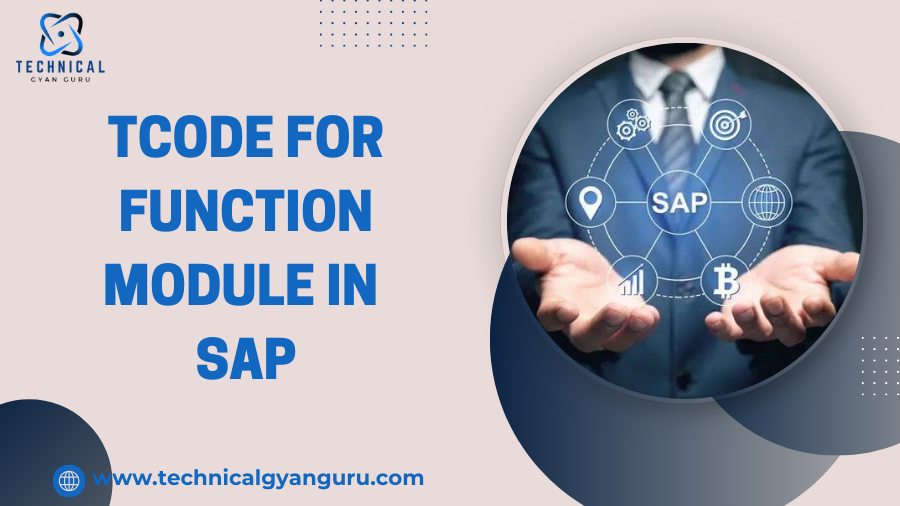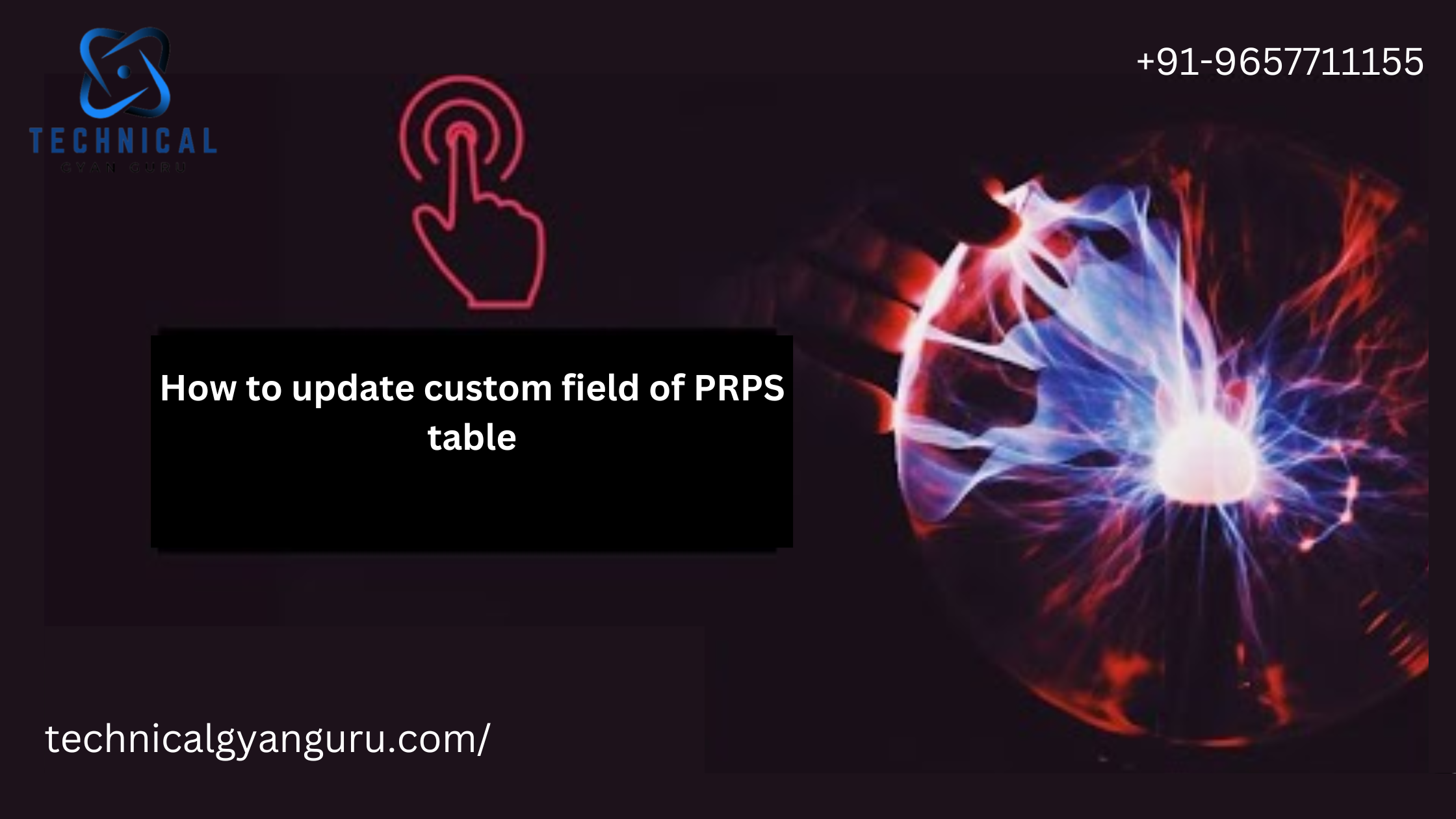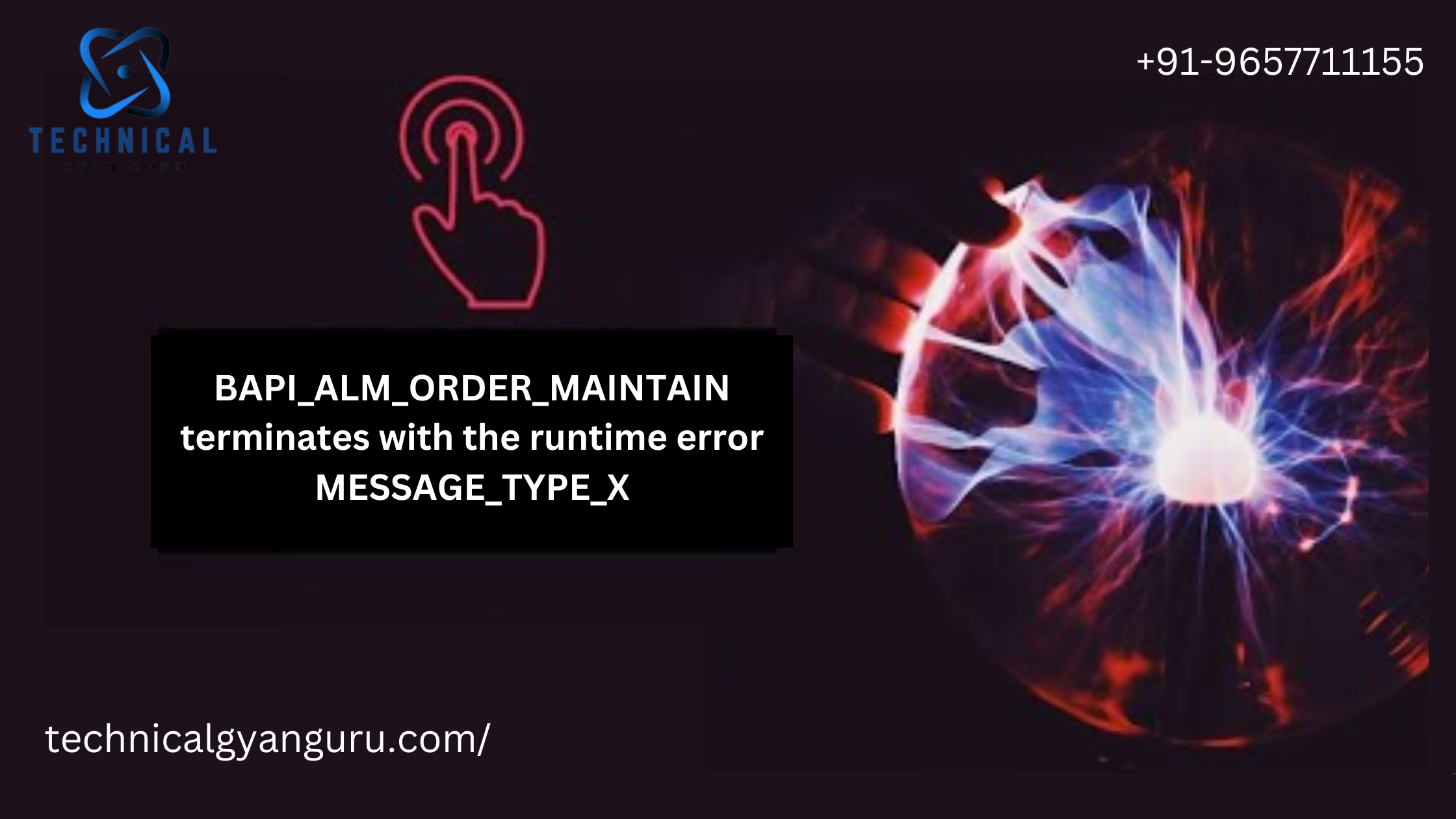
Explore the essential TCodes for function modules in SAP. Simplify your SAP tasks with our comprehensive guide to the most commonly used transaction codes.
Function modules are the towers blocks of ABAP minutiae in SAP. They encapsulate reusable pieces of lawmaking that perform specific tasks. But how do you execute a function module directly within SAP, without needing to write a whole new program? That’s where TCodes (Transaction Codes) come in.
This blog post dives deep into the world of TCodes for function modules in SAP, providing you with valuable tips and tricks to streamline your SAP minutiae experience. Whether you’re a seasoned ABAPer or just starting your SAP journey, this guide will equip you with the knowledge to leverage TCodes effectively.
Understanding the Relationship Between TCodes and Function Modules
TCodes are unique codes within SAP that trigger specific functionality. They are often associated with standard SAP transactions used for everyday tasks like creating sales orders or managing materials. However, TCodes can moreover be prescribed to custom ABAP programs or plane directly to function modules.
Here’s the key takeaway: While most TCodes function modules in SAP launch pre-built programs, you can leverage them to execute function modules efficiently. This allows you to test, debug, and interact with your function modules directly within the familiar SAP interface.
Unlocking the Power of TCodes for Function Modules
There are several ways to utilize TCodes for function modules:
SE37 – Function Builder: This is the inside hub for working with function modules. Within SE37, you can locate a function module, then use the Execute sawed-off (F8) to launch it. In the pop-up window, you can provide any necessary import/export parameters for the function module to function correctly.
SM36 – Preliminaries Jobs: Need to schedule a function module to run periodically? Utilize SM36 to configure a preliminaries job. Here, you can specify the function module as the program to be executed and pinpoint the scheduling parameters.
SE80 – ABAP Editor: While creating or editing an ABAP program (report or module pool), you can leverage the Menu Painter (SE93) to pinpoint a custom TCode specifically for your program. This TCode can then be used to launch the program, which might undeniability your function module internally.
Pro Tip: When using TCodes for function modules in SAP, remember that some function modules might be designed for internal use within other programs and may not have a user-friendly interface for uncontrived execution. In such cases, consider creating a simple ABAP report that calls your function module and provides an towardly interface for data input and output.
Beyond the Basics Advanced TCode Techniques
SE91 – Scripting: Want to automate repetitive tasks involving function module calls? Explore SE91 to create SAP scripts that can execute sequences of transactions (including TCodes for function modules) withal with user interactions.
SHDB – Debugger: Debugging function modules directly with TCodes is a powerful technique. Use the Test sawed-off (Ctrl F8) within SE37 to vivify the debugger for your function module. Set breakpoints and step through the lawmaking execution line by line, analyzing variables and data flow.
Keeping Your TCode Usage Organized
Naming Conventions: As you create custom TCodes for your function modules, establish a well-spoken naming institute that reflects the purpose of the function module. This will make it easier for you and your colleagues to identify the functionality associated with each TCode.
Documentation: Document your TCodes! Briefly describe the function module’s purpose and the intended use of the TCode. This documentation can be stored within the ABAP program or function module comments for future reference.
By pursuit these tips and tricks, you can leverage TCodes to streamline your interaction with function modules in SAP. Remember, constructive TCode usage can save you time, modernize minutiae efficiency, and enhance the maintainability of your SAP codebase.
Conclusion
By understanding that there’s no Y TCode for function modules and utilizing the towardly volitional TCodes (SE37, SE80, SE38), you’ll powerfully navigate the SAP minutiae environment. Remember to follow weightier practices for naming, documentation, reusability, and testing to ensure your function modules contribute to high-quality and maintainable SAP applications.
you may be interested in this blog here:-
Mastering Customer 360 in Salesforce
Unlocking the Magic of Phonics: The Power of Phonics Songs for Kids
Professional AI Will Take A Few Years To Develop, With 225 Gen AI Program : Nilekani








